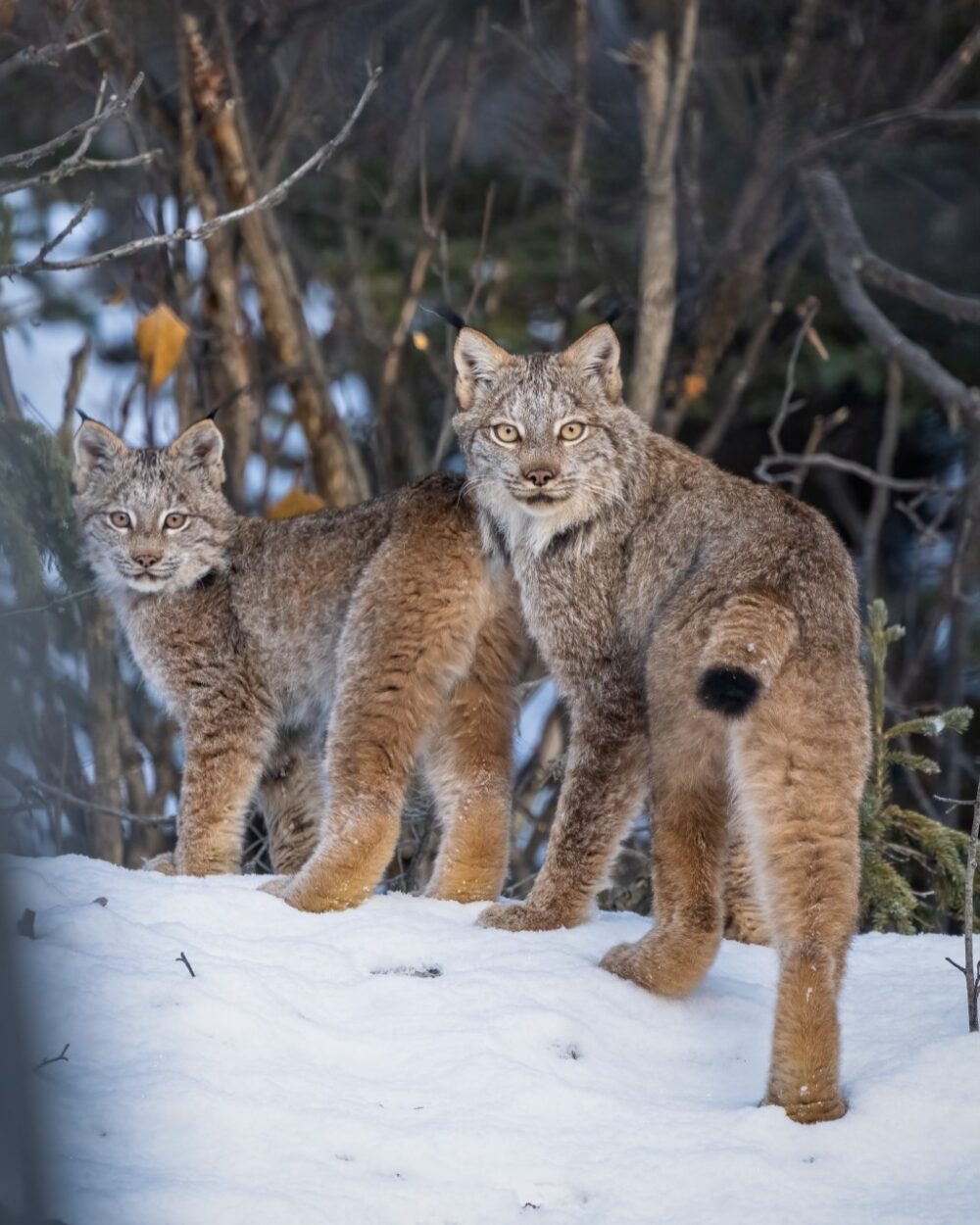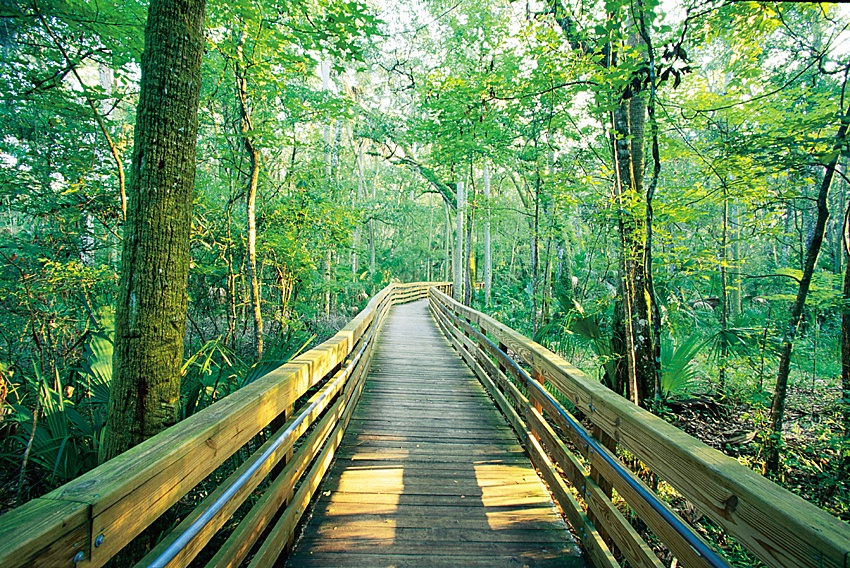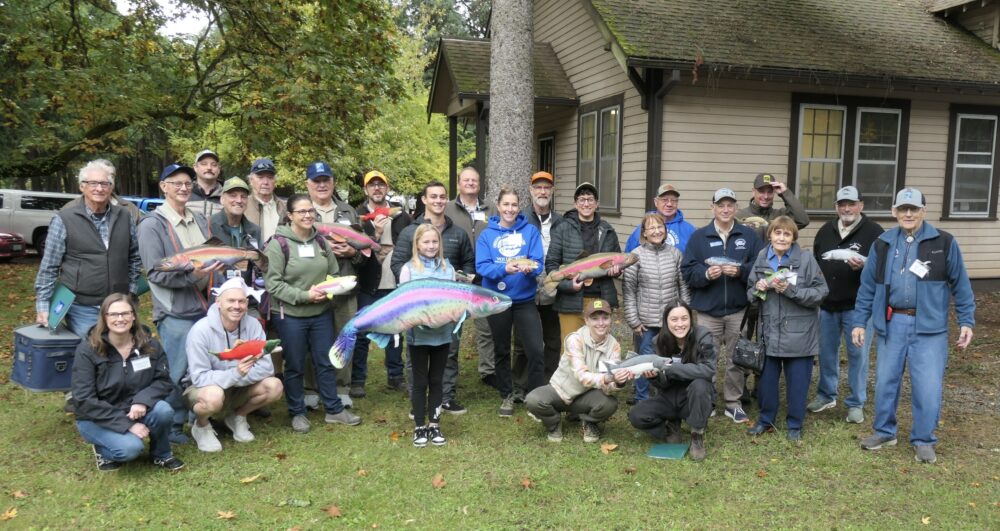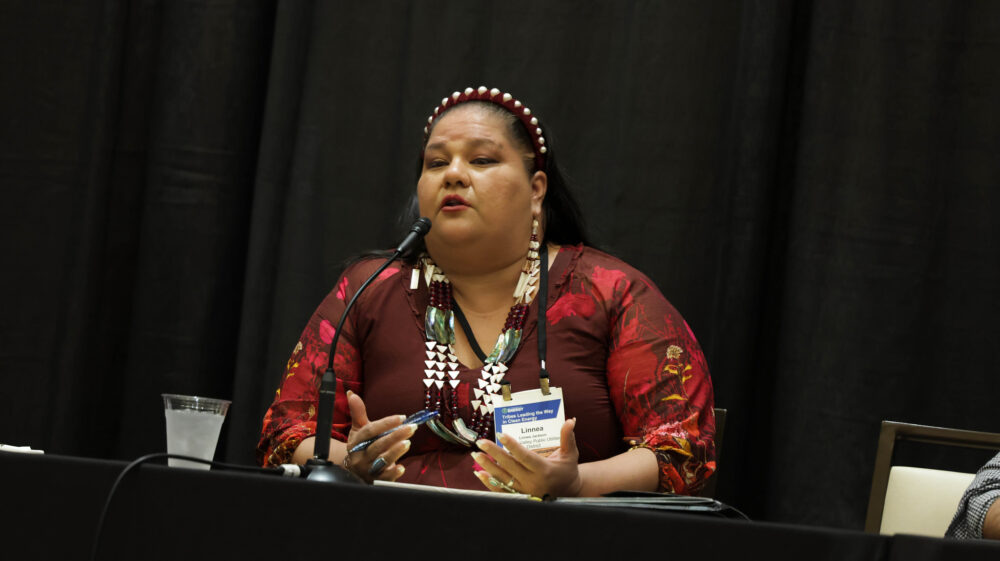We have much more to do and your continued support is needed now more than ever.
The Importance of Federal Land Management for Western Wildlife

Western wildlife, such as elk, bighorn sheep, pronghorn—even pygmy rabbits, depend on healthy public lands for food, shelter, mating, and survival. When these lands are mismanaged or degraded, wildlife populations suffer. That’s why the National Wildlife Federation fought so hard when the Trump administration prioritized energy development over all other uses of our public lands.
Last month it became very evident that a new day has dawned at the Department of Interior, the agency that oversees the vast majority of public lands in our nation. Interior Secretary Deb Haaland held a public forum on oil and gas reform where she made it crystal clear that her agency would restore balance to public lands management while helping communities adapt to a clean energy future.
She also emphasized that her agency wanted to hear from a broad array of stakeholders who live, work, and recreate on these lands. The forum included Tribal leaders, industry officials, conservationists, labor advocates and environmental justice experts. They spoke passionately about how important it is to sustainably manage the lands to more effectively provide healthy wildlife habitat, clean air and water, and expanded opportunities for hunting, fishing, and other outdoor recreation.
After four years of an administration that tried to cut the public out of public lands, the Biden team wants to put the public front and center.
Tell the Department of Interior that leases shouldn’t be offered in important wildlife areas such as migration corridors or crucial winter or summer habitat. These are the areas that elk, bighorn sheep, and pronghorn depend on for survival.

Let the agency know that oil and gas development shouldn’t be allowed near culturally significant areas—places such as Bears Ears in Utah or Chaco Canyon in New Mexico. It also shouldn’t be allowed near major recreation sites such as the Great Sand Dunes in Colorado or Moab, Utah.
Ask the Interior Department to initiate long-overdue fiscal reforms, to make sure energy companies are paying their fair share—and encourage the administration to support efforts in Congress to make these fiscal reforms as well. Federal money should also be provided to restore lands that have been damaged by energy development. Such restoration will create good-paying jobs.
Finally, let the administration know how much you appreciate that the public is being encouraged to speak up about land management decisions. Fostering an authentic dialogue with many stakeholders will ensure an even-handed, balanced approach for sustainable stewardship of our lands.
Take Action!




















Building Momentum: What’s Next for Beaver Conservation in Colorado